Who are Political Refugees?
A Political Refugee is a person who is unable or unwilling to stay in the country of their nationality due to political persecution.
Climate refugees/ Environmental migrants
Climate refugees or Environmental migrants are forced to leave their homes due to sudden change or long-term changes to their local environment.
Ethical concerns with respect to political refugees:
- High intensity of violence in source countries, owing to racial hatred, sectarian conflicts, and state-sponsored violence to terrorize citizens, growing activities of terrorists and insurgent groups. One aspect is common to all fights for power over people and resources.
- The inadequate intervention of the International community which has the responsibility to protect fellow members of humanity, negating the idea of shared humanity.
- Geopolitical and economic factors taking primacy over ethical and moral principles.
- Lack of concern for vulnerable populations like women, children, and senior citizens is pushing citizens to leave their homelands in search of safer places.
- Xenophobia, unconfounded fears about the destruction of culture, and wrong perceptions about changes in demographic profile among people of destination countries.
- Raking up of hyper-nationalist sentiments to gain political mileage by certain political parties in destination countries by labeling refugees as criminals or generating apprehensions about future loss of jobs and possible disruptions to law and order by refugee population.
Reason for increasing numbers of Climate refugees:
- Utter disregard for environmental protection on behalf of developed countries. Thus, ignoring their historical responsibility
- Lack of generosity to help the least developed countries and developing nations by offering funds and technology to adapt and mitigate climate change. Thus negating the principles of environmental justice
- Exclusive and unsustainable development practices, in which the poor are left to fend for themselves.
- Ultra consumerist behaviors among citizens unmindful of negative consequences of their actions.
Thus keeping the above aspects in mind, it is the responsibility of International organizations and the international community to proactively address this problem, by
a) Exerting moral pressure over source countries to stop violence on its own citizens through sanctions or economic blockade for a small-time period.
b) Dividing quotas for the uptake of refugees among destination countries to share the responsibilities as per one’s capabilities.
c) Nudging of destination countries to take care of the basic requirements of refugees, until they are suitably rehabilitated.
Conclusion:
Awareness generation among citizens of destination countries to enable them to understand the plight of distressed migrants by stimulating the spirit of brotherhood and shared humanity. The above measures may help to address the problems of refugees to a certain extent.


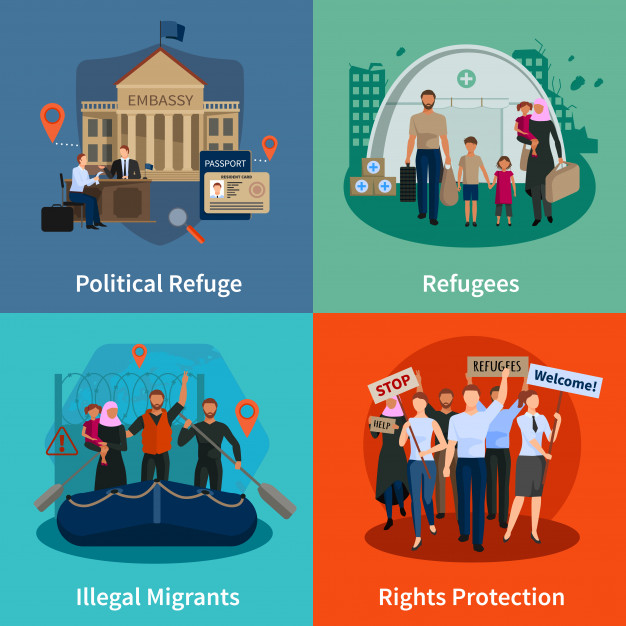
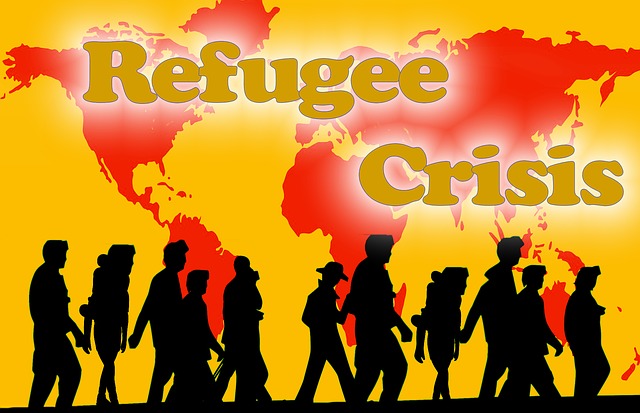
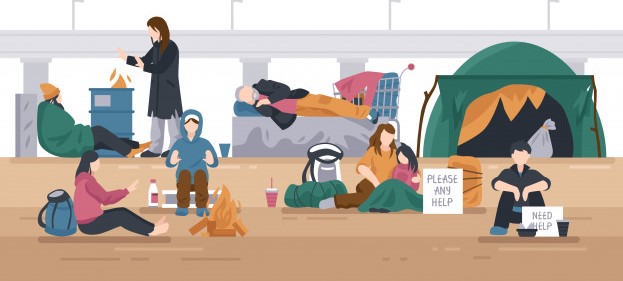
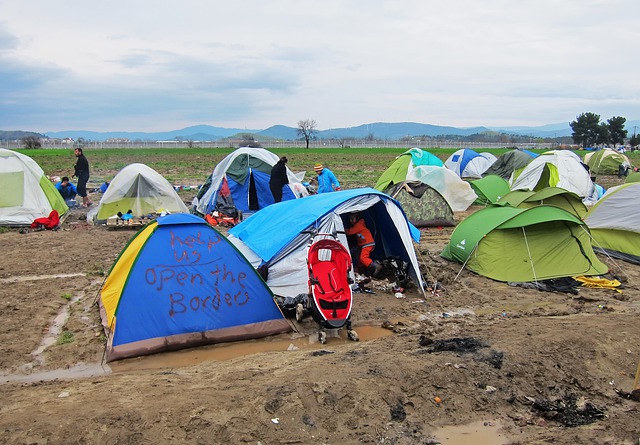
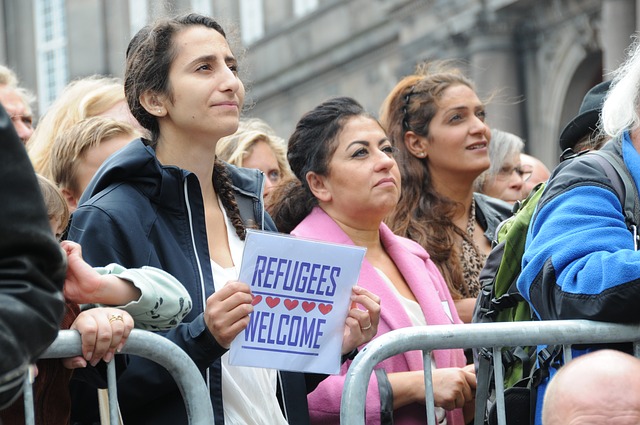
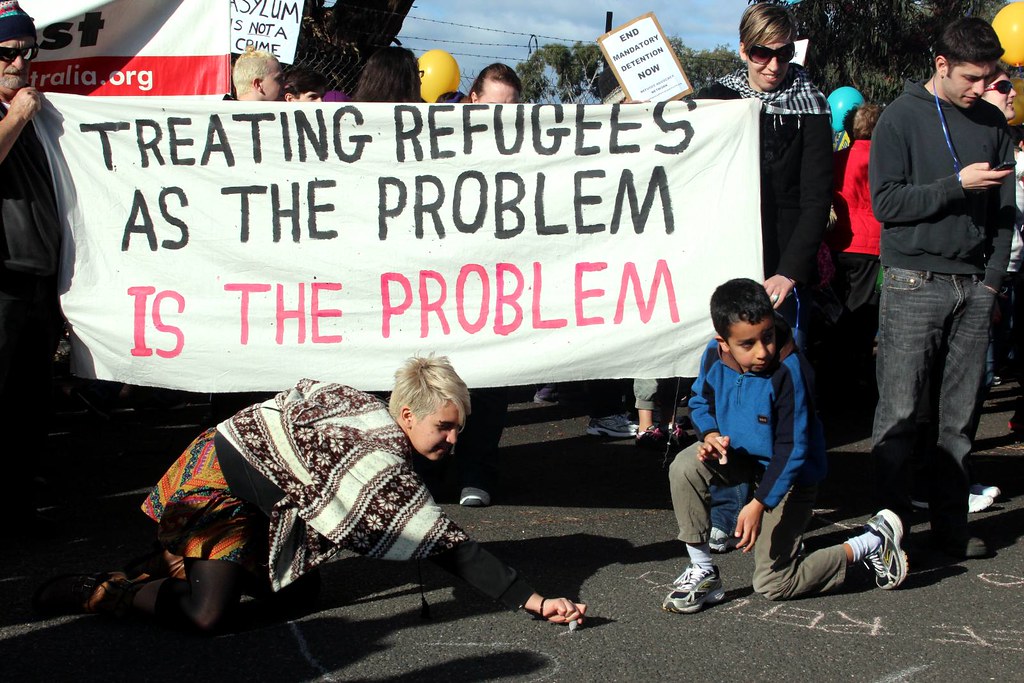







I like this website because so much useful stuff on here : D.
Thank you
This is very interesting, You’re a very skilled blogger. I have joined your rss feed and look forward to seeking more of your great post. Also, I’ve shared your web site in my social networks!
Thank you so much
I discovered your website on google and test a have seen your early posts. Keep up the very good work. Looking for ahead to reading extra from you afterward!…
Thank you